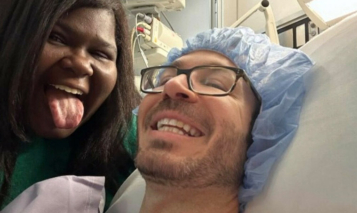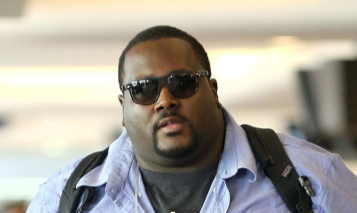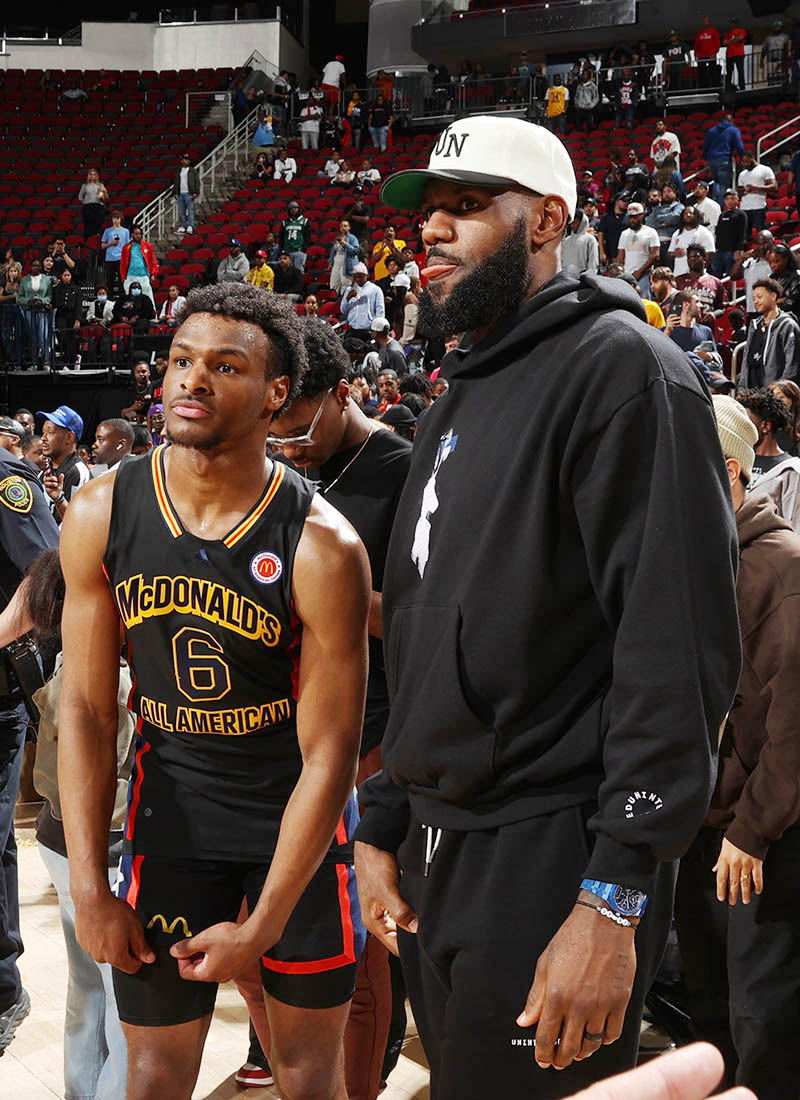
Bronny James, the oldest son of NBA superstar LeBron James, suffered a cardiac arrest during basketball practice at USC’s Galen Center on Monday morning.
The 18-year-old guard collapsed on the court when his heart stopped without warning.
USC medical staff restored his heart rhythm and he was rushed to a local hospital. Bronny is now out of ICU and listed in stable condition according to a family spokesperson.
The news that Bronny went into cardiac arrest “devastated” his father, according to sources. The Lakers star had expressed a desire to play with Bronny in the NBA before he retired.
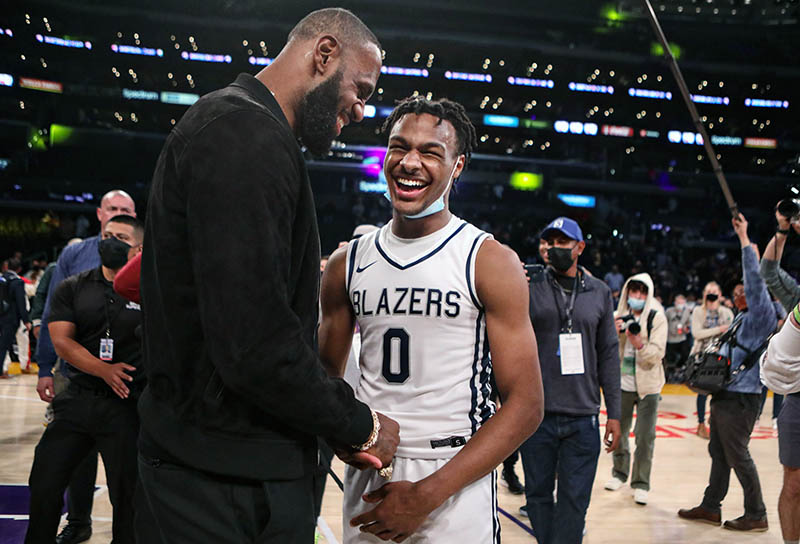
“My last year will be played with my son. Wherever Bronny is at, that’s where I’ll be. I would do whatever it takes to play with my son for one year. It’s not about the money at that point,” he said in a 2022 interview with The Athletic.
“I need to be on the floor with my boy, I got to be on the floor with Bronny,” LeBron told ESPN in January.
He dreamed of a Ken Griffey Sr. and Ken Griffey Jr. scenario with Bronny. “That would be ideal for sure,” LeBron said.

But Bronny’s chances of playing in the NBA are slim to none after suffering a cardiac arrest, according to cardiologists.
Dr Christopher Tanayan told DailyMail.com: “If they find something that puts him at a high risk for sudden death then that … may make or break his career.”
“Whether or not Bronny’s career can continue will depend on his family, the league and ultimately his own appetite for risk,” Dr Tanayan added.
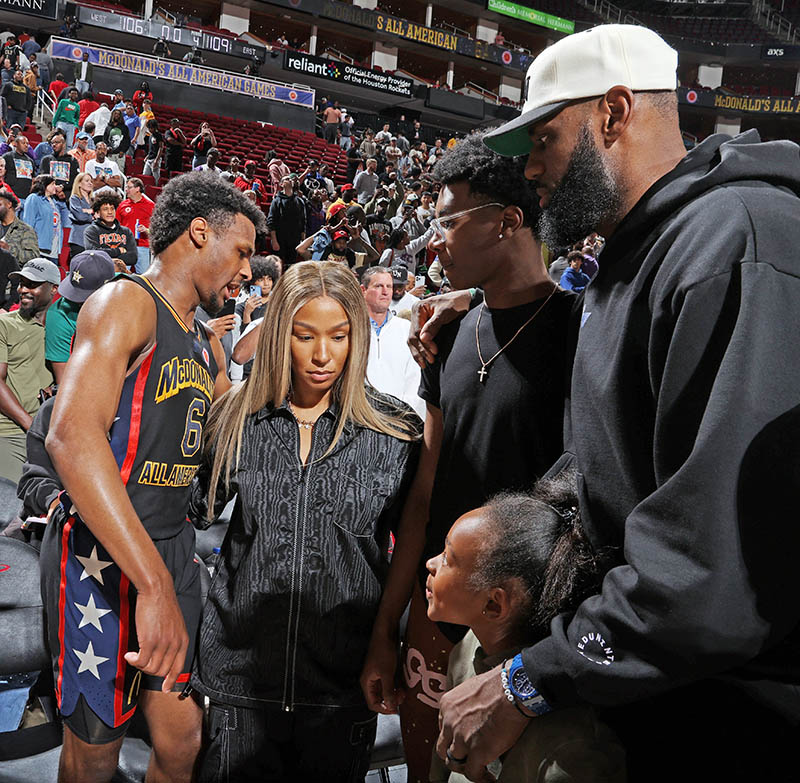
Sports analysts say LeBron, 38, will be too old to play when basketball phenom Bryce James, 16, is potentially drafted into the NBA.
Even when the cause of a cardiac arrest is known, there are few NBA teams willing to take a chance on a high-profile player with a defective heart.
Professional sports teams worry that an athlete with a known heart issue could potentially die on the court in front of a national TV audience.
During a cardiac arrest, blood circulation to the brain, lungs, and other vital organs cease immediately. Death occurs within minutes if the heartbeat is not restored with a defibrillator or CPR.
Cases of myocarditis, heart attacks, cardiac arrests, and blood clots among the young have increased dramatically in the U.S. since 2020.
According to a cardiologist, sudden cardiac arrest in teenagers with no medical history of cardiac problems is rare.
“When it does happen, the availability of certain resources is really a life and death consideration. And so it’s not common, but it’s something that we see among both young athletes, teenage athletes, as well as adult and even professional athletes,” said Dr. Peter Monteleone, Assistant Professor at Dell Medical School at The University of Texas at Austin.
Nine out of 10 people die when they suffer a cardiac arrest outside of a hospital, according to The National Institute of Health.


